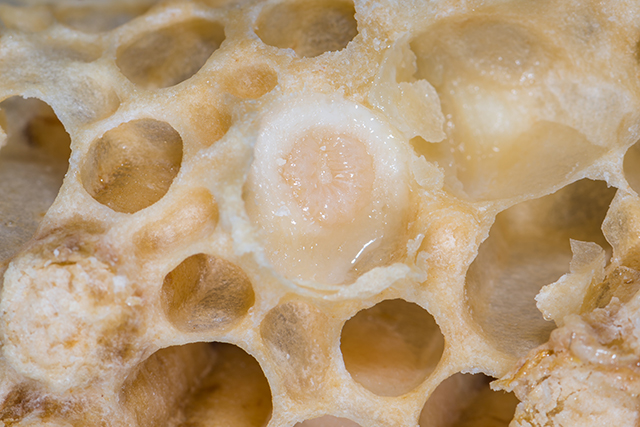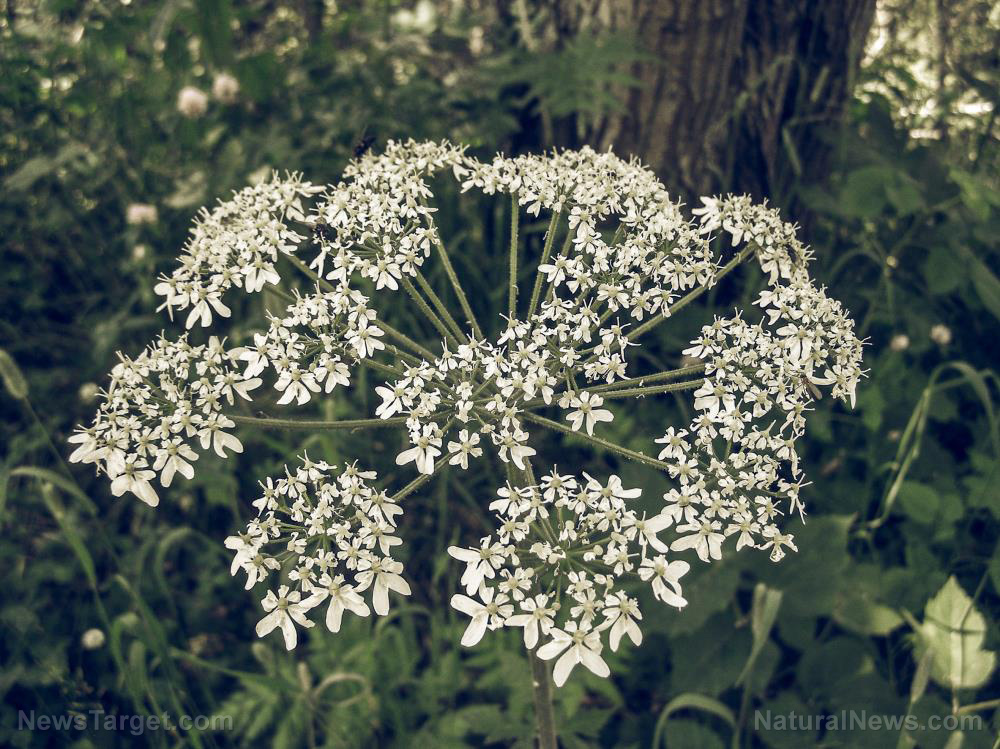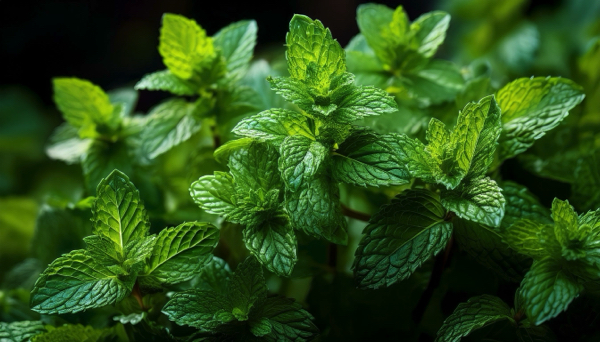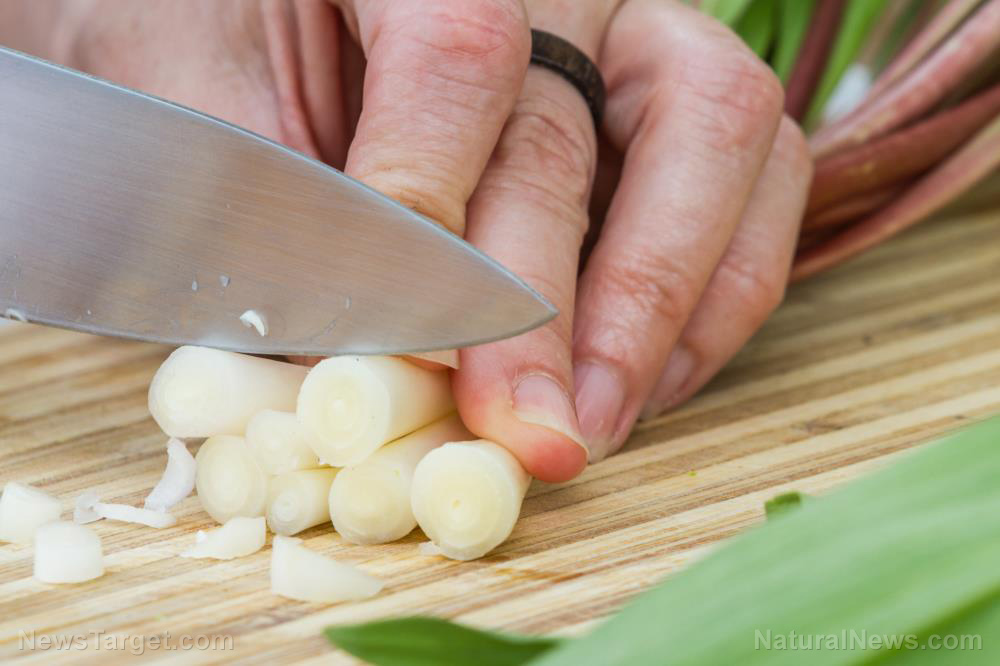How sesame seeds could save your life
11/30/2023 / By News Editors

Even though sesame seed is rarely considered beyond its role in decorating hamburger buns, or as an ingredient in tahini, it could be considered a ‘life saver.’ Compelling research shows it is capable of reducing several blood markers of cardiovascular disease risk by 39% within only six weeks.
(Article by Sayer Ji republished from GreenMedInfo.com)
Sadly, in the Western world, when the average American thinks of how best to protect herself against heart disease, aspirin and statin drugs are often as high on the list – if not higher – than exercise and an organic diet. Through decades of intense marketing and miseducation millions have been made to think of the #1 cause of death as inevitable as time itself; one against which we fling pills and various pharmaceutical potions to ‘minimize risk,’ never to strike to the root cause level problems and resolve them permanently.
This is one reason why natural medicine continues to gain popularity, as it is founded in far more than a palliative approach to disease, and does not require the ingestion of patented chemicals (i.e. pharmaceuticals) whose side effects are often worse and far more plentiful than their claimed therapeutic ones. Instead of simply managing and/or suppressing symptoms, the goal is to invoke bodily self-healing, which is to say remove the interference that keeps it from doing so. And often, this is simply a matter of modifying the diet – adding something medicinal here, removing something not so healthy there.
One of the most promising studies to come through the biomedical pipeline of late was a gem published in the journal Archives of Iranian Medicine, and which looked at a traditional, sesame-based food-medicine known as Ardeh (aka tahini) for its ability to decrease cardiovascular risk factors in type 2 diabetics – a group whose risk of cardiac mortality is greatly enhanced due to unhealthy ratios and quantities of blood lipids associated with chronically elevated blood sugar, glycation and insulin resistance.
Titled, “Ardeh (Sesamum indicum) Could Improve Serum Triglycerides and Atherogenic Lipid Parameters in Type 2 Diabetic Patients: A Randomized Clinical Trial“,[i] the study consisted of 41 patients with type 2 diabetes, who were randomly assigned to one of the two groups: group A (Ardeh 28 g/d, n = 21) and group B (control, n = 20). The patients in group A were given 28 grams (two tablespoons) of Ardeh with their breakfast, while group B patients continued with their regular breakfast, both for six months (the energy content of both groups was kept within the same range).
Both groups were evaluated at baseline and six weeks later for blood pressure, serum levels of total cholesterol (TC), triglycerides (TG), LDL-C, HDL-C, and the so-called atherogenic index (i.e. heart disease promoting index) of plasma (AIP; log TG/HDL-C), TC/HDL-C ratio, and LDL/HDL-C ratio .
Remarkably, after the six week test period, significant positive changes were reported:
“After six weeks, there were significant decreases in serum TG (15.3 mg/dL) and AIP (39 %) in group A. Moreover, slight decreases in serum TC, LDL-C, and other atherogenic lipid parameters and a mild increase in HDL-C also were observed during Ardeh supplementation. Anthropometric measures and blood pressure were unchanged during the study period in both groups.” [emphasis added]
Based on these promising observations the researchers concluded: “Ardeh could have favorable effects in decreasing CVD risk factors in type 2 diabetics.” Keep in mind that they found a 39% decrease in the so-called atherogenic index of plasma (AIP), which is no small effect for a relatively small dietary change. It should be noted that the brand of tahini used in this study (Oghab Halva Company) had no additional additives or oil. It was ground sesame seed, plain and simple. Were this a drug trial, results like these would be broadcast the world over as the next life-saving (multi-billion dollar selling) blockbuster drug. For a more detailed explanation of the results, read the entire study at the link here.
This is not the first human clinical study to find a beneficial effect of sesame on cardiovascular health or diabetes. Here are few others:
- A 2012 study published in the European Journal of Preventive Cardiology found that “Sesame oil consumption exerts a beneficial effect on endothelial function in hypertensive men.[ii]
- A 2010 study published in the journal Clinical Nutrition found that “Sesame oil exhibits synergistic effect with anti-diabetic medication in patients with type 2 diabetes mellitus.”iii]
- A 2006 study published in the Journal of Medical Food found that “The substitution of sesame seed oil as the sole edible oil lowers blood pressure and glucose in hypertensive diabetics.”[iv]
- A 2006 study published in the Yale Journal of Biological Medicine found that “Sesame seed oil has a beneficial effect in hypertensive patients on either diuretics or beta-blockers.”[v]
Sesame is truly a super star among medicinal foods. In fact, recently, we reported on a study that found that eating 40 grams of sesame seeds, or the equivalent of two tablespoons of tahini, was superior to Tylenol in reducing pain in those suffering from knee arthritis. You can also take a look at the over 40 health benefits of sesame seed and/or its components on our sesame seed health benefits research page to learn more about this remarkable healing food.
Let’s face it. At this point, with human clinical research from respected, peer-reviewed journals revealing that simple dietary changes – yes, as simple as eating some sesame paste (tahini) daily — can have huge impacts on risk factors for the most deadly and common diseases known in modern times, the time has come to reevaluate what exactly it is that is going on under the name of medicine today. Drugs don’t cure disease any more than bullets cure war. Foods, on the other hand, can be curative, and may just help us to put our ‘war against heart disease’ – like are failed ‘war on cancer’ — to rest once and for all.
Finally, for a quick tahini recipe, take a look at this About.com how to, and consider super-charging the heart-friendly properties of this food with the addition of garlic, whose life-saving properties we have expanded on in another article.
Read more at: GreenMedInfo.com
Submit a correction >>
Tagged Under:
alternative medicine, blood cholesterol, diabetes science, food cures, food is medicine, food science, functional foods, health science, heart disease, heart health, natural cures, natural health, natural medicine, naturopathy, remedies, research, sesame seeds
This article may contain statements that reflect the opinion of the author
RECENT NEWS & ARTICLES
consumerwellness.info is a fact-based public education website published by consumerwellness.info
All content copyright © 2023 by consumerwellness.info
Contact Us with Tips or Corrections
All trademarks, registered trademarks and servicemarks mentioned on this site are the property of their respective owners.




















